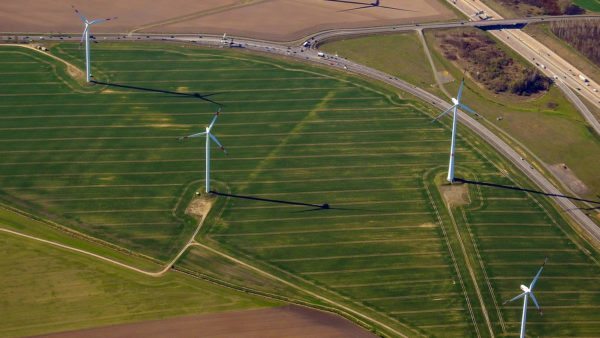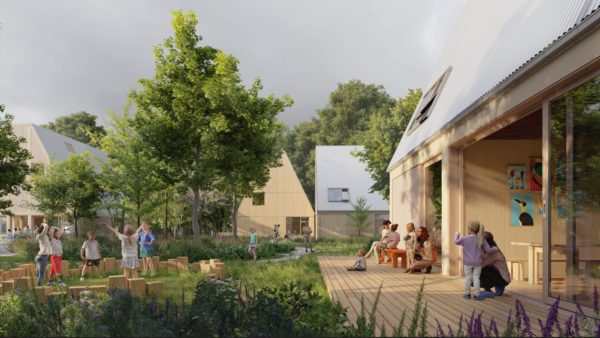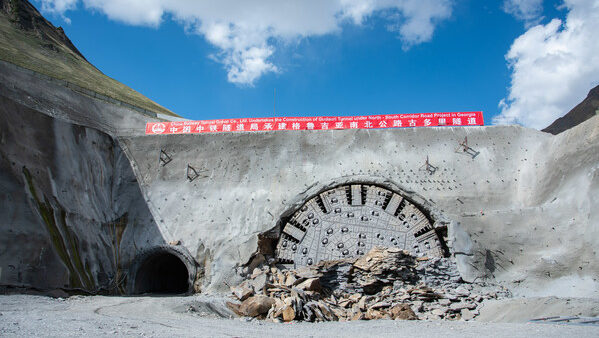The final report from an independent review into Building Regulations and fire safety has uncovered "deep flaws" in the system, and recommended a "radical rethink" including a new body to regulate the construction industry.
But controversially, Dame Judith Hackitt’s report did not recommend a ban on flammable cladding, despite calls from some architects, construction firms and Grenfell survivors.
The Royal Institute of British Architects (RIBA) called this decision a "major missed opportunity" to make buildings safer immediately, reports Construction Manager.
The Local Government Association also called that decision "disappointing".
But Hackitt preferred to pressure the industry to fix itself.
"This is most definitely not just a question of the specification of cladding systems, but of an industry that has not reflected and learned for itself, nor looked to other sectors," said Hackitt, an engineer and former chair of the UK’s Health and Safety Executive.
Separately, the UK government said it would "consult" on banning combustible materials in cladding systems on high-rise residential buildings, Construction Manager reported.
A consultation on restricting or banning the use of desktop studies to assess cladding systems was also underway, the government said.
Race to the bottom
Examining the circumstances that led to the Grenfell Tower disaster, in which 71 people died, Hackitt identified ignorance of regulations and guidance, a motivation to do things as quickly and cheaply as possible, lack of clarity on roles and responsibilities, and inadequate regulation as the key issues.
She warned that those factors had combined to create a culture issue across the sector, which she described as a "race to the bottom".
"There is insufficient focus on delivering the best quality building possible, in order to ensure that residents are safe and feel safe," she said.
Her main recommendations are:
- A clear model of risk ownership laying out responsibilities for client, designer, contractor and owner, overseen by a new Joint Competent Authority (JCA);
- A new, outcomes-based regulatory framework that has "real teeth" so that it can drive the right behaviours and serious penalties for those who "game the system";
- Thinking about buildings as a system so that the different layers of protection required can be considered; and
- Transparency of information and an audit trail all the way through the life cycle of a building from the planning stage to occupation and maintenance.
Hackitt said the construction industry stands out from every other sector she has looked at "in its slow adoption of traceability and quality assurance techniques".
"These are widespread elsewhere and the technology is readily available," she said.
She warned that legislation would be required to implement the systemic changes she recommended.
She also said there was a "moral obligation" to apply the principles set out in her report to the existing stock of complex high-rise residential buildings, as well as new builds that would take time as well as having a cost attached to it.
And she emphasised the need for a continued spirit of collaboration and partnership in a sector that is "excessively fragmented".
Image: Grenfell Tower, London, still burning at 4.43am on 14 June 2017 (Natalie Oxford/Creative Commons) Â
Further Reading:
Comments
Comments are closed.











“radical rethink” including a new body to regulate the construction industry. How many of those pocket filling bodies has there been over the past decade, None of them have made a difference. One organisation closes and another opens like revolving doors.
In my view it is appalling that professional people have not come to the support of Dame Judith Hackitt.
Every time there is a problem like Grenfell, the call goes up to ban the material without examining the true of the failure of the material to perform properly.
Fire only burns , in air, oxygen, so exclude oxygen from an inflammable material, like Grenfell insulation, and you will prevent fire.
You do not need to ban the product but design it not to burn.
If we ban all inflammable materials, when will wood as a construction material be banned?